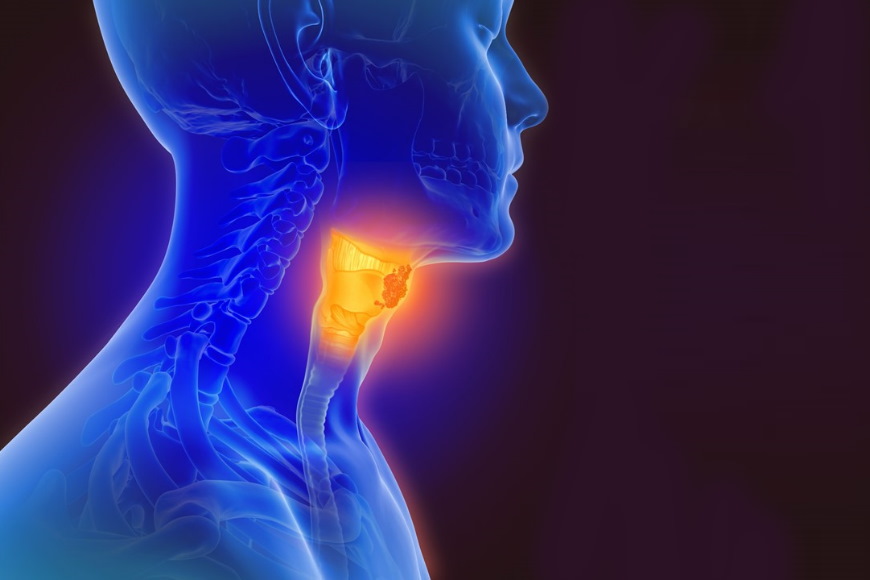
Head & neck cancer often starts on the surfaces that line the throat, mouth, and nose. It majorly occurs in the cells that make the epidermis, the outermost layer of the skin. Sometimes, it is commonly referred to as squamous cell carcinoma.
Head & neck cancers can also begin in the salivary gland, muscles, sinuses, or nerves in the head and neck but these areas are less common when compared to the throat, mouth and nose.
Causes of Head and Neck Cancer
Consumption of alcohol and tobacco products are the major risk factors for the cancers of head and neck. Tobacco products like cigarettes, cigars, smokeless tobacco/flavored tobacco, and pipes are also linked to head and neck cancer.
Drinking any type of alcoholic drink such as liquor, wine or beer also increases the risk of getting cancer of the mouth, voice box, and throat.
Most cancers in the oropharynx, (which includes the base of the tongue, tonsils, and soft palate) are linked to Human Papillomavirus (HPV), a common sexually transmitted virus.
Exposure to Ultraviolet (UV) rays, such as harmful rays of the sun or artificial UV light used in procedures like tanning beds, usually causes cancer of the lips.
Exposures to certain chemicals like formaldehyde, wood dust, nickel, and harmful chemical rays while working in a chemical factory, can also increase the chances of getting nasal or nasopharyngeal cancer.
Symptoms of Head and Neck Cancer
- Difficulty in swallowing
- Change in voice
- A lump in the neck
- Sore throat
- A sore that does not heal
The above mentioned symptoms can also be caused by other diseases. So, it’s important to consult with the doctor first before coming to any conclusion.
Diagnosis of Head and Neck Cancer
If you are suspected to have head and neck cancer, the doctor will perform a detailed physical examination focused on the head and neck area. However, it will only be confirmed after the examination of tissue taken from the affected area will be done. The doctor will collect a tissue sample with the procedure of biopsy then the tissue will be examined under the microscope.
Imaging studies like Computed Tomography (CT) or Positron Emission Tomography (PET) are often used to determine the extent or stage of the disease. Knowing the stage helps the healthcare team to make key decisions about the treatment plan.
Treatment of Head and Neck Cancer
- Surgery
- Radiation Therapy
- Chemotherapy
- Targeted therapy
- Immunotherapy
These are some of the therapies that can be used in the treatment of head and neck cancer. Sometimes, more than one therapy is used for more effective treatment like surgery might be followed by radiation therapy or radiation therapy might be combined with chemotherapy.
Managing head and neck cancers isn’t easy, it usually requires a team of doctors along with other medical professionals, which includes nutritionists and speech-language pathologists.
How can one reduce the risk for head and neck cancers?
One can lower the risk of head and neck cancer in several ways. Some of them are mentioned below:
- Quit smoking (If you smoke)
- Don’t use smokeless tobacco/flavored tobacco products.
- Limit your alcohol consumption.
- Get vaccinated for Human Papillomavirus (HPV). It will prevent new infections that could be caused by HPV.
- Avoid getting tanned or use sunscreen while going out. Use a lip balm that contains sunscreen or wear a wide-brimmed hat to protect your lips.
- Have regular check-ups, as early detection increases the possibilities and effectiveness of treatment.
At Apollo Cancer Centre, Ahmedabad, we have a specialised team for treating cancers. If the problem persists, consult with our experts now.
